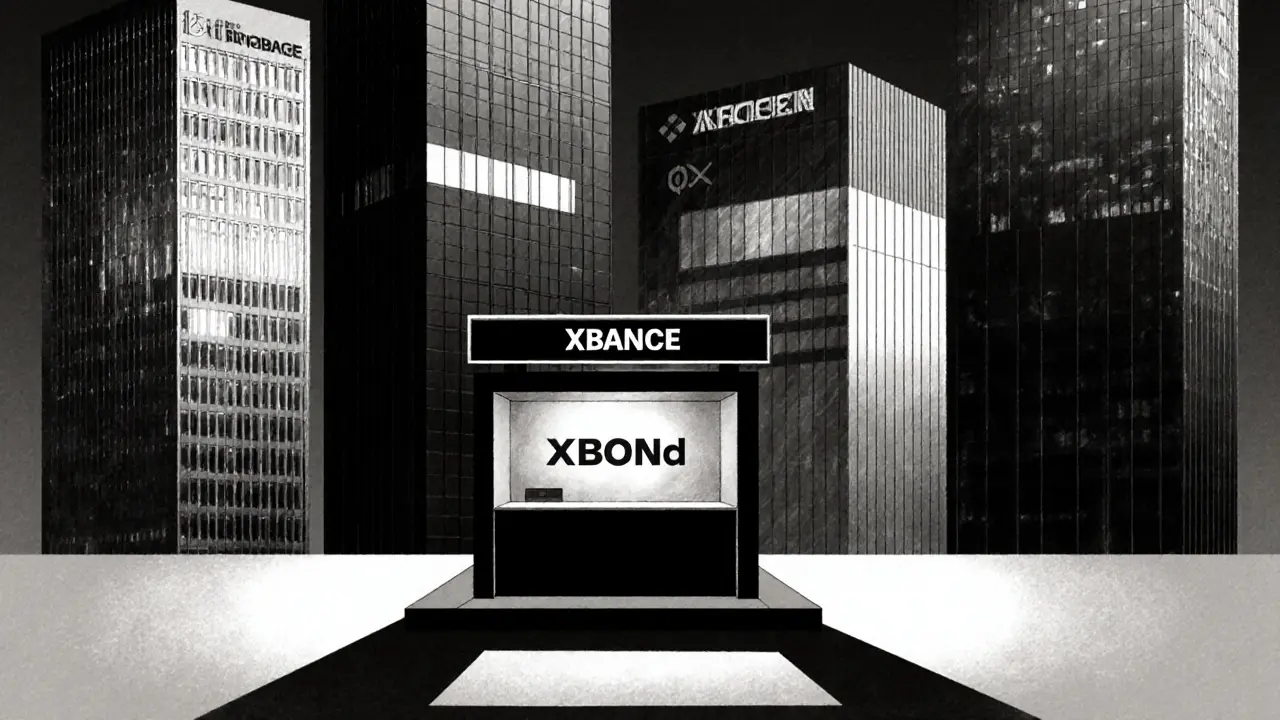A deep dive into XBONd crypto exchange covering its features, transparency issues, comparison with top platforms, and whether it's worth using in 2025.
Singapore cryptocurrency exchange guide – reviews, fees, and regulation
When you start hunting for a Singapore cryptocurrency exchange, you first need to know what the term actually means. Singapore cryptocurrency exchange, a platform that lets users buy, sell, and trade digital assets under Singapore’s financial framework. Also known as SG crypto exchange, it operates within a jurisdiction that balances innovation and consumer protection. This environment creates a unique mix of opportunities and responsibilities for traders, investors, and the platforms themselves.
One major piece of the puzzle is crypto regulation, the set of laws and guidelines governing digital‑asset activities in Singapore. The Monetary Authority of Singapore (MAS) requires exchanges to obtain a Capital Markets Services licence, enforce KYC/AML procedures, and maintain robust cybersecurity standards. Because of this, regulation influences everything from onboarding speed to the range of tokens you can trade. Another key factor is trading fees, the charges an exchange applies to each buy, sell, or swap transaction. Low fees attract high‑volume traders, while hidden costs can erode profits for casual users. Finally, liquidity pools, the aggregated capital that enables smooth price execution on an exchange ensure you can enter or exit positions without big slippage. In short, Singapore cryptocurrency exchange encompasses regulatory compliance, fee structures, and liquidity solutions – three pillars that together shape user experience.
Key factors to consider before you sign up
First, check the exchange’s licensing status with MAS; a licensed platform will usually display its licence number prominently. Second, compare fee schedules – some sites charge a flat rate, others use a tiered model that drops as your monthly volume grows. Third, look at the depth of market data: tight spreads and high order‑book depth are signs of strong liquidity. Fourth, evaluate security measures – two‑factor authentication, cold‑storage percentages, and regular audits are non‑negotiable. Finally, consider the range of supported assets; a Singapore‑focused exchange may prioritize tokens that comply with local securities laws, which can limit exposure to certain DeFi projects.
Our curated collection below digs into each of these angles. You’ll find detailed reviews of local and regional platforms, breakdowns of fee structures, insights on how MAS regulation impacts token listings, and tips for assessing liquidity before you trade. Whether you’re a beginner looking for a safe entry point or an experienced trader hunting the best spreads, the articles ahead give you the practical context you need to make informed decisions on a Singapore cryptocurrency exchange.

